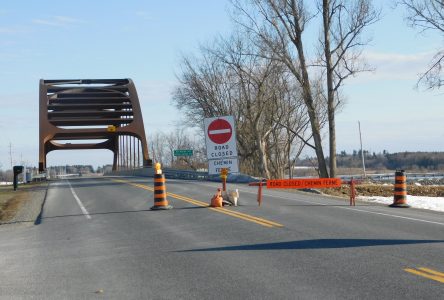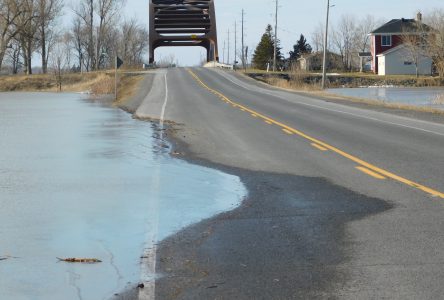Staff with the economic development and tourism department of the United Counties of Prescott-Russell (UCPR) conducted a week-long survey of businesses throughout the region to determine the effect of the COVID-19 situation, including the provincial and federal government’s pandemic control measures, on their operations. About 1000 copies of the survey went out with close to 500 responses coming back.
Survey offers «snapshot view» of pandemic impact on businesses



